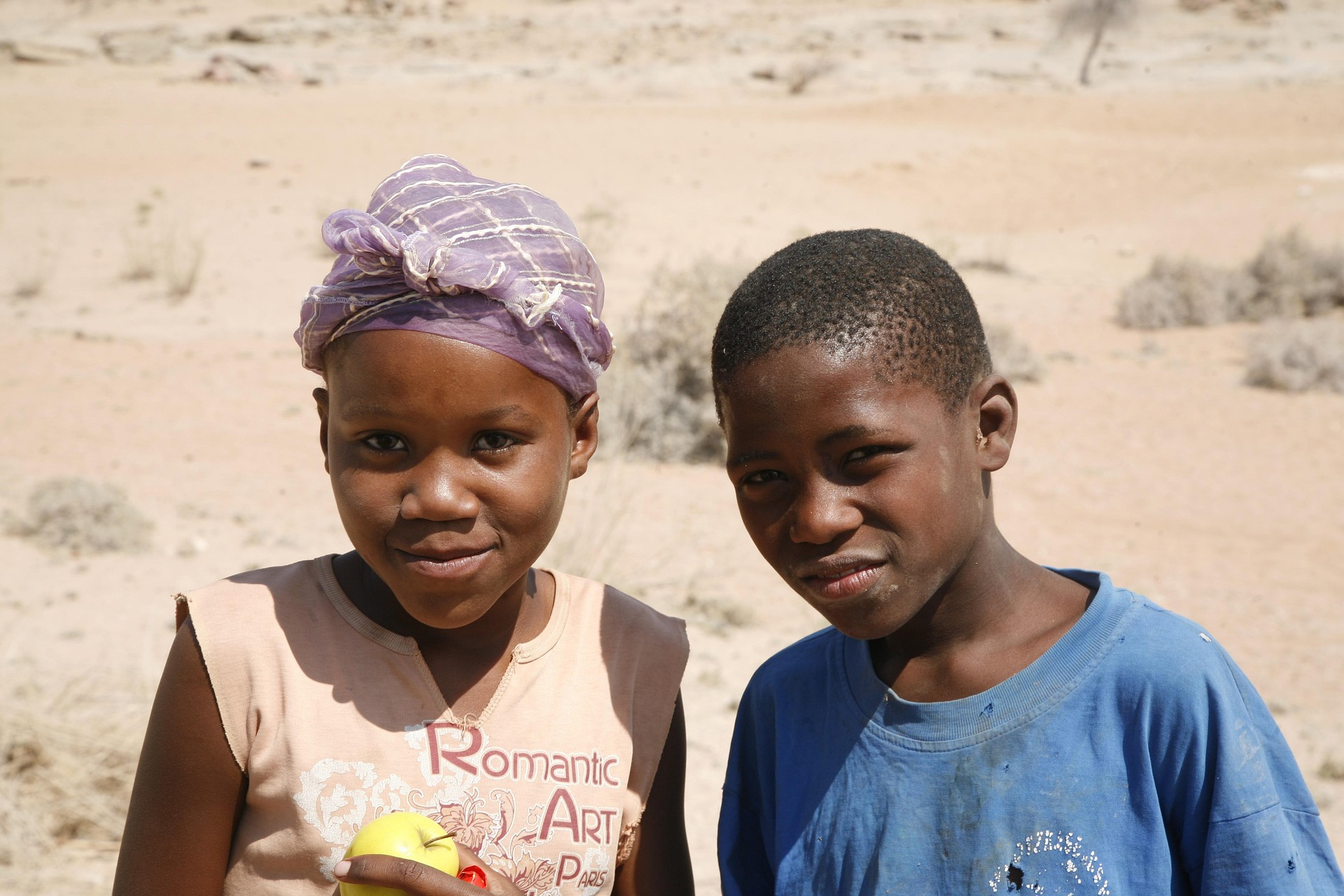Poverty is a very complicated challenge. Many different causes lead to poverty, and these causes often connect with each other. People can become poor because they lack education, jobs, or land. Sometimes, sickness or disability makes it hard for people to work.
Wars, natural disasters, and government corruption also make poverty worse. In some places, unfair laws or social systems keep certain groups poor for many years. Once impoverished, it becomes almost impossible for individuals to escape. The challenge of poverty is even more difficult when it is an entire family.
Causes of Poverty
Lack of education is a main cause of poverty. Without education, indigent people cannot get good jobs. Many children in poor areas cannot go to school because their families need them to work. Some children cannot attend school because schools are too far away or too expensive.
In many parts of the world, a college education is required for even menial jobs. The inability of the parents to pay for the education of their children results in poverty crossing the generational divide. As those children age, they are forced to find whatever work they can, even at lower pay scales.
Unemployment is another cause. Without an education, it may be impossible to get a regular job and to enjoy gainful employment. When there are not enough jobs, people cannot earn money.
Factories may close, or farms may fail because of drought or floods. Sometimes, people lose their jobs because of new technologies or disruption in the local or domestic economy.
Health problems also lead to poverty. When people get sick and cannot work, they lose income. Medical care often costs too much for poor families. Some diseases spread quickly in poor areas because people do not have clean water or good sanitation.
Corruption and bad government make poverty worse. When leaders steal money or do not help the people, schools, hospitals, and roads do not get built. This keeps people trapped in poverty.
The Trap of Poverty
Once people become poor, escaping poverty is very hard. In many third-world and developing countries, people who are poor stay poor for the rest of their lives.
They often live in unsafe houses and do not have enough food. Homes, if they can be called that, are often literal cardboard boxes or pieced together with salvaged junk.
Children in poor families may not go to school. Without education, they cannot get better jobs when they grow up. This means poverty continues from parents to children, and then to grandchildren.
Poverty can also spread in a community. When many of the local residents are poor, there are fewer businesses and jobs. This makes it even harder for anyone to escape poverty.
Poor areas may not have good roads, hospitals, or schools. Without these, people cannot improve their lives.
The Loss of Hope
Living in impoverished conditions for a long time can destroy hope for those living like that for extended lengths of time. People in poor communities often feel they have no chance for a better life.
They see others around them suffer the same problems. When people lose hope, they may stop trying to change their situation.
This loss of hope often leads to harmful behaviors among those within the vulnerable populations, leading to further stigmatization.
Some people turn to alcohol or drugs to escape their pain. Others may join gangs or commit crimes because they feel desperate. Still others will turn to gambling. Even though there is a good chance they will lose, there is at least a sense of hope that they could win.
These habits and conditions make poverty even worse. They can also cause health problems and break families apart. Even families that stay together remain challenged in terms of escaping their “fate”.
The Cycle Across Generations
Poverty often continues across multiple generations. Children born into poor families face many barriers.
They may not get enough food, so they grow up weak or sick. They may not learn to read or write.
When they become adults, they cannot get good jobs.
Their children then face the same problems.
This cycle is very hard to break, especially without help.
Poverty is a complex challenge. Many causes work together to keep people poor. Once people fall into poverty, it is very hard to escape, especially in third-world and developing countries.
Poverty often lasts for many generations. It destroys hope and can lead people to harmful habits. The only effective way to fight poverty is to provide immediate relief from the symptoms, and at the same time, work to destroy the underlying causes.

